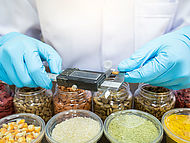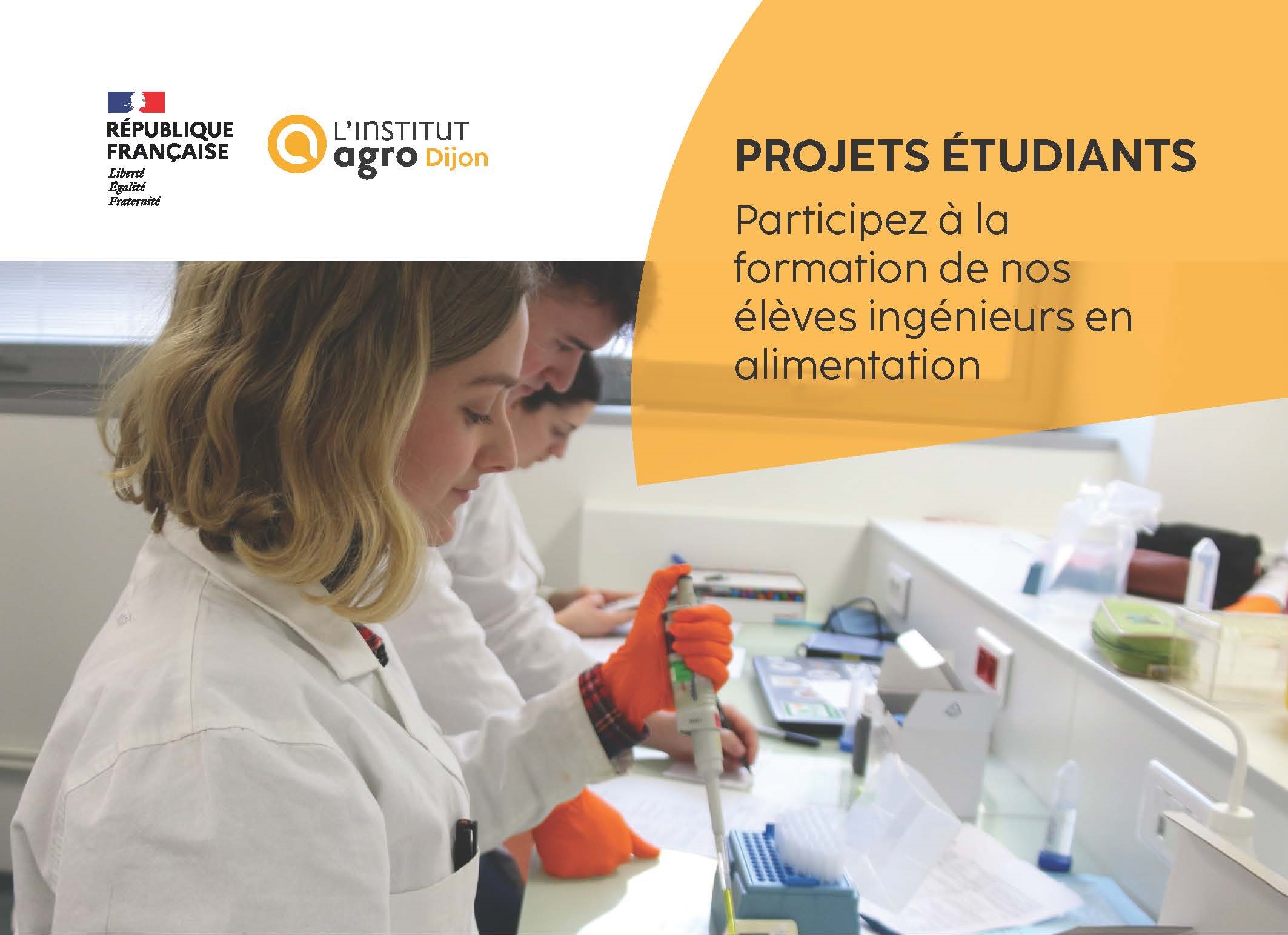
SUstainable Food Formulation: Innovation, Choice of Ingredients; Energy, Nutrition Trade challenges
Sustainable and quality food
Uphold our quality of life whilst reducing our environmental footprint.
As engineers we need to continue offering solutions for high-quality food (nutrition, taste, service) using a sustainable path. The choice of ingredients and their implementation should follow basic rules: use clean label ingredients, promote fairly trade food, set up procedures for life cycle assessment…
Objectives
Learning by doing
How to be a food engineer with an in-depth expertise in food formulation?
- By achieving an actual food product! You will produce prototypes at lab scale, and pilot scale if possible, which enable sensory analyses.
- By practicing English in a professional context because many food companies operate in English!
How to be a food engineer with an in-depth expertise in food formulation? By achieving an actual food product! You will produce prototypes at lab scale, and pilot scale if possible, which enable sensory analyses. By practicing English in a professional context because many food companies operate in English! More in detail: The specialized teaching of food formulation SUFFICIENT is focused on a project in partnership with companies, from local small business to global firms. To better the efficiency of the work, you will have to deliver several reports and oral presentations in English throughout the project SUFFICIENT needs a minimum of B1 level in English. Lectures, mostly in English, are planed mainly for the benefit of the formulation project. Professionals from B2B food industries complete the training about food ingredients. A particular focus on protein sourcing & functionality allows evaluating the potential of novel protein sources, plant proteins but also insect or unicellular protein such as microalgae.
Formulation project
From the idea to the prototype in seven steps (140h)
- The go-to-live: using collective intelligence tools, the project group (3-4 people) is set up. The project chosen by the group begins on the first day of the specialized teaching. The partner has ordered the subject of the study.
- A product benchmarking and customer profitability analysis (concluded with oral defense & a written report) enables the definition of a PDS (product design specification). A chemical analysis of existing formulation helps to definite solutions.
- A scientific state of art (concluded with oral defense & a written report) constitutes an essential step in order to predict chemical reactions occurring during process, physical behaviors, and to prepare lab experiments and formulation trials.
- A project management is necessary: a "GANTT" chart describes the experiments and allows to book lab apparatus or sensory analysis. This preliminary step before experiments needs also a cost evaluation of the project.
- The experiments and formulation trials are divided in four full-weeks of labs works, with one or two weeks coming in between for data analysis and preparation of the following experiments.
- The production of a lab model or a pilot scale prototype enables evaluation by sensory analysis.
- The final oral defense and written report give decision-making tools for our partner and ideas for a new food development in R&D.
Nous donnons à nos élèves-ingénieurs l’opportunité d'obtenir un double diplôme (diplôme d'ingénieur Institut Agro Dijon + diplôme de l’université partenaire).
- Master international Physiological & Psychological Food choice determinants (P2FOOD)
- Master international Microbiology & Physicochemistry for Food and Wine Processes (MP2)
- M2 MAE (Master d’Administration des Entreprises) en parallèle du S9
- M2 IFPE Ingénierie de la Formation Professionnelle et psychologie Ergonomique en parallèle du S9, pour la validation de certains modules.
Type of jobs
The specialized teaching of food formulation SUFFICIENT validates the last year of the Institut Agro Dijon diploma in Agro-Food engineering. It corresponds to a M.Sc. level. The main positions offered in food companies, or even in cosmetic companies, are the followings:
- Research & Development (formulation, ingredients sourcing, reverse formulation…)
- Product management
- Marketing and project management.
